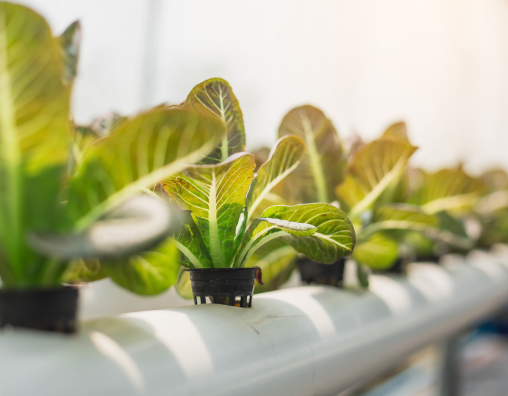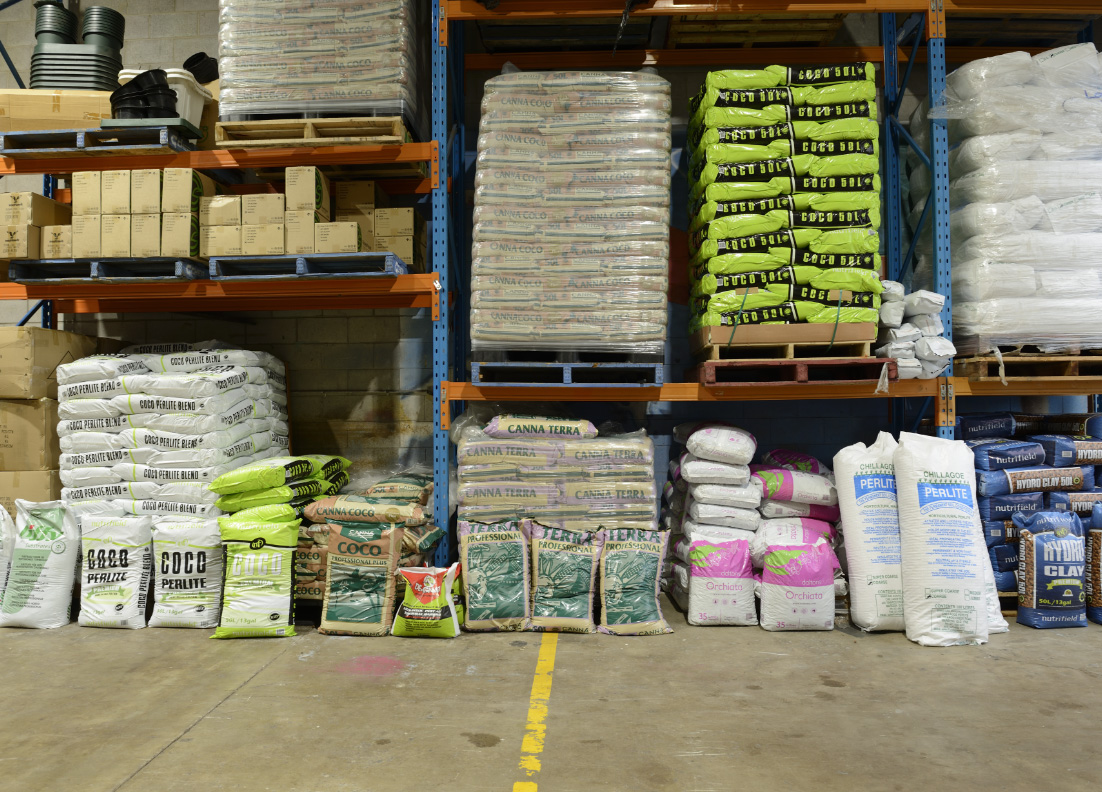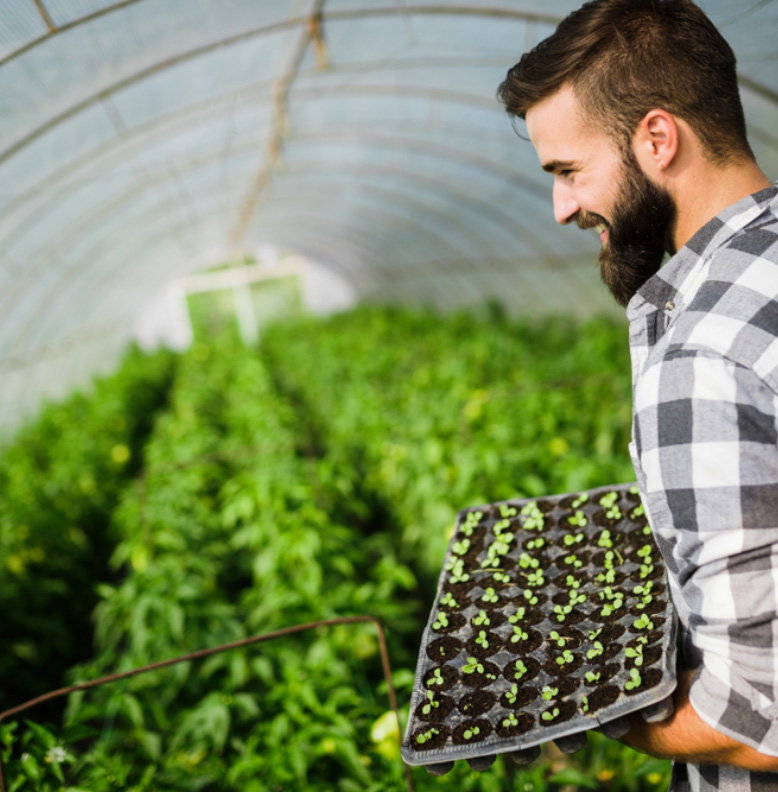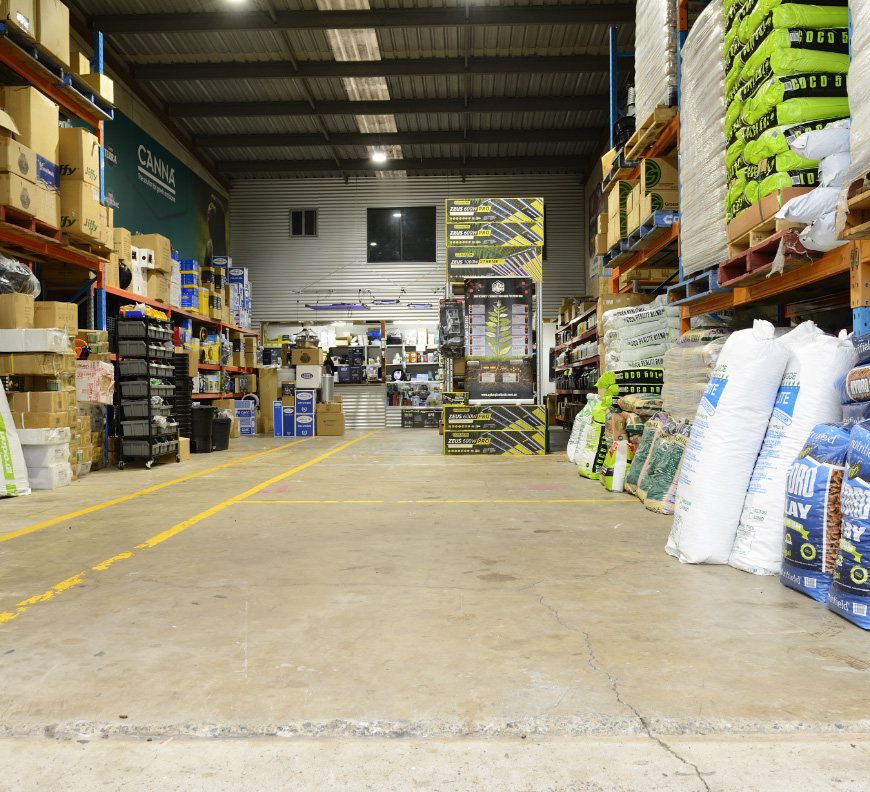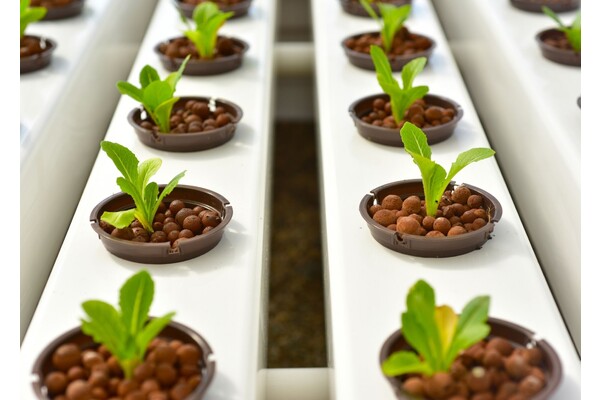What are the benefits of hydroponics
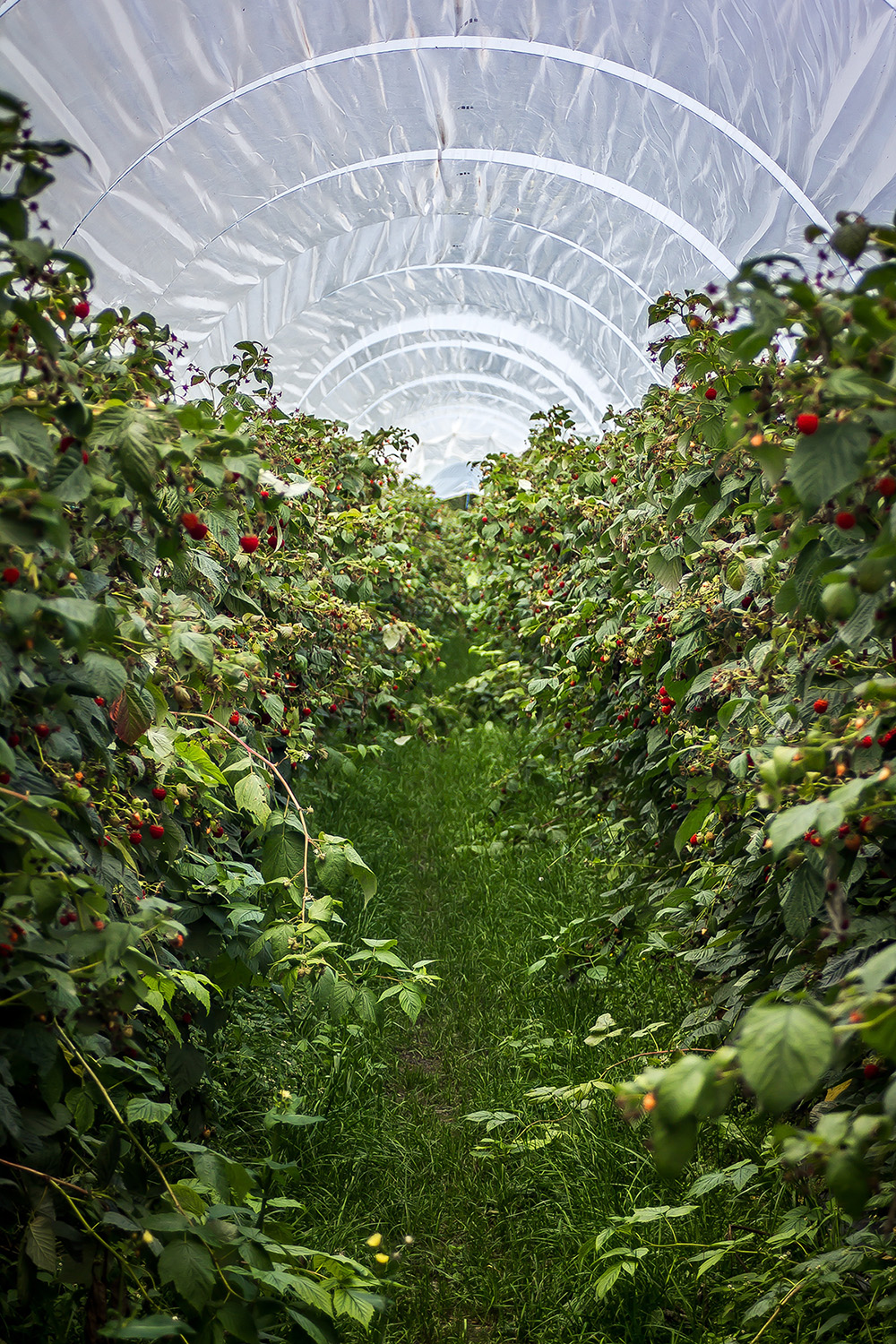
Hydroponic farming has been around for much longer than you would think. You may have heard of one of the first hydroponic growing systems, the Hanging Gardens of Babylon. The gardens were rumoured to be a hydroponics marvel from around 600BC and one of the seven wonders of the ancient world.
While hydroponics technology has evolved since the days of Babylon, it's the benefits that hydroponic systems offer over conventional farming that has led to its rapid rise in the last few decades.
The benefits of hydroponic farming address some of the real issues that traditional farming has faced in recent decades, such as unpredictable climate conditions, land shortages, excessive water use, and food waste.
In Jeff Birkby's study, Vertical Farming, he noted that while vertical farming with hydroponic plants has been around for decades on home windows and in homes with limited space, it is only recently that interest in vertical farming has exploded.
This article looks at the benefits of hydroponics and how these benefits address some of the issues that affect other plant growing methods. It explains why hydroponic farming has become so popular.
Hydroponic systems offer space to grow
It doesn't matter if you're living on a suburban block or you're a commercial farmer who talks in hectares rather than metres squared. The more productive you can make your available space, the better. And that's exactly what a hydroponic system can offer.
Small spaces
Our homes are getting larger, while our yards are getting smaller. A hydroponic garden helps you to grow more with limited space because plants grow faster. Also, when you can put plants closer together on racks, it turns that small patch of dirt between your home and your fence into a potentially highly productive garden to enjoy.
Vertical agriculture has become the most viable agriculture technique in urban areas to overcome the insufficient space issues.
Large spaces
According to Green Our Planet, hydroponics has the potential to increase productivity on farms by three to ten times compared to traditional farming methods each year, depending on crop type and hydroponic architecture. Logan Hydroponics have the skilled horticulturalists available so even beginners can grow more plants in small spaces.
This is because, with hydroponic farming, you can have denser plant coverage, better maintenance and care through optimal use of water and nutrients, and planting seasons can be extended - sometimes year round.
Plants grow faster and produce more
Hydroponics offers amazing growth potential. You might think a hydroponic approach will result in lower profits, but this is untrue. It is possible to grow plants faster with hydroponics than in soil because you can control temperatures, moisture, lighting and nutrients to create optimal conditions. Ask experienced horticulturalists about the hydroponic system you need for the best results.
When you provide optimal growing conditions, plants will use less energy and water to convert essential minerals into food. A plant that uses less energy will grow faster and produce more flowers and fruit. It's not a coincidence that most flower suppliers now use hydroponic systems as they deliver the best flower quality.
So how does hydroponic farming offer more control for the growers?
Growers can control the inputs and outputs to maintain conditions for optimal growth while also reducing the impact of the natural processes that can be inconsistent and detrimental to your plants' health.
Temperature control
When discussing the benefits of temperature control, there are two factors most relevant to growing plants and increasing yield. Ambient (air temperature) and the water temperature running through the system. Although temperature control raises energy costs, these can be offset through higher yield and savings from reduced plant loss, water conservation, and lower pest management costs.
Ambient temperature control benefits
Ambient temperature control helps with growing plants' foliage and promotes flowering and seeding. It gives the grower the power to create artificial seasons for year-round output. But controlling air temperatures can also help to reduce some diseases and pests that affect plants, such as molds.
The use of artificial light in grown areas can provide a replacement or augment sunlight. This not only helps control the environmental conditions, but it also gives the flexibility for growers to establish a hydroponic system in almost any space.
Artificial lighting will make it possible to grow plants throughout difficult seasons. It also reduces the risk of severe weather temperatures damaging your plants.
Water temperature control benefits
There have been many studies on how water temperature control can improve plant growth. The warmer the water, the less oxygen it can carry. So high water temperatures have the potential to choke your plants. Protecting plant roots is important when growing hydroponic plants.
Nutrition control
Growing plants without soils offer many advantages, but one of the key benefits that has the greatest influence on outcomes of hydroponic farming is nutrition control. Using fresh nutrient solution in experiments has been shown to deliver positive results in the hydroponic system.
Soil quality can vary greatly, and many plants prefer certain kinds of soil. But with hydroponics, you have greater control of pH levels and essential minerals so you can ensure the perfect amount of nutrients for optimal growing stages.
Sometimes, pH concentrations are overlooked by growers, but it remains an essential aspect of cultivating, and the nutrients your plant needs are essential.
It is easy to adjust and measure the pH in hydroponics to ensure constant optimal levels. Ensuring a proper pH helps the plants absorb nutrients correctly, avoiding deficiencies and maximising yield.
Unlike with soils, growers can also control essential minerals by using the right mix of nutrient solutions.
As your plant matures or flowers, you can also quickly and effectively change nutrient solution as required depending on the needs of your plants.
Water usage control
Growing plants can use huge amounts of water. Water shortages are becoming increasingly common as traditional farming pushes the limits of the resources available. The water loss through soil farming can be massive through seepage and evaporation.
With hydroponic farming, water loss can be kept to a minimum as water is continually recycled through a closed system. The only water loss in evaporation is through the leaves of the plants.
Studies have shown that hydroponic systems use 90% less water than traditional farming.
Pest and disease control
Weed removal from the soil takes time and has adverse effects on the growth of the plant. Weeds compete with crops for the nutrition available. In hydroponic technology, these issues are irrelevant. All the nutrient solution is solely for the plants you want to grow and thrive.
Hydroponics also makes it easier to control pests without the use of toxic or expensive pesticides. Because the land is free from pesticides, most hydroponics have no pesticides; they improve the health of the land and prevent the health problems that pesticides can cause and the damage to the natural environment.
Hydroponic farming is easier
Finally, the benefits of more effective use of space, great pest control and fewer inputs such as fertiliser and water mean that you get more from less effort.
One of the most notable benefits that hydroponic farming offers is less time tending to your crop. While hydroponic plants may cost more for home use and commercial applications, the labour required to grow plants is considerably reduced. It allows more time for other activities.
With so many benefits that address so many of the modern challenges of traditional farming, it is easy to see why hydroponics has become so popular both around people's homes and on commercial farmland.
Are you interested in hydroponics but don’t know where to start? Contact our experienced hydroponic horticulturalists for the right advice.


